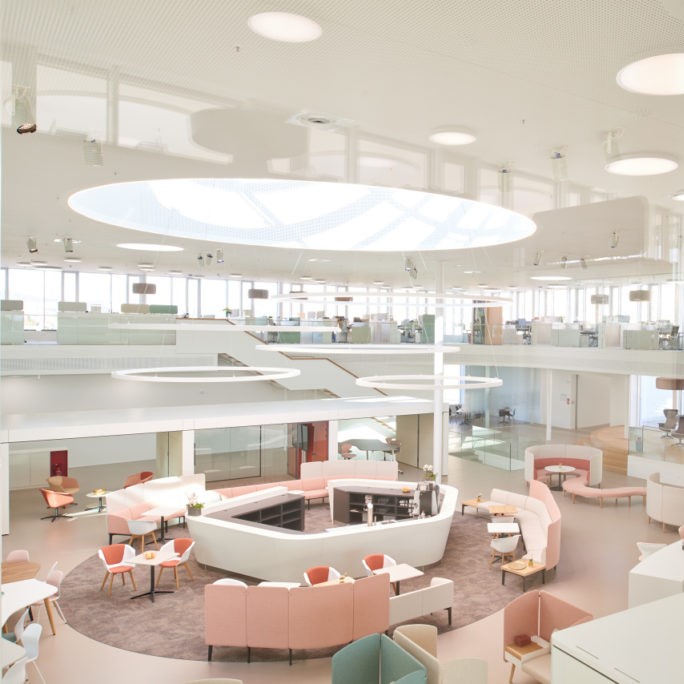April 29, 2022
Working from home can present particular challenges for women
 The pandemic has brought with it many different trials and tribulations over the course of the past few years. An area that has impacted teams across the country, and the world, has been working from home and other forms of remote work. Once a necessity imposed by the UK government to stop the spread in the early stages of the pandemic, it has now become a part of working life for many people in many different sectors. It has offered many employees the new luxury of time: no commutes resulting in more time to spend with family and friends and creating a better work-life balance. (more…)
The pandemic has brought with it many different trials and tribulations over the course of the past few years. An area that has impacted teams across the country, and the world, has been working from home and other forms of remote work. Once a necessity imposed by the UK government to stop the spread in the early stages of the pandemic, it has now become a part of working life for many people in many different sectors. It has offered many employees the new luxury of time: no commutes resulting in more time to spend with family and friends and creating a better work-life balance. (more…)















 There’s a scene in the 1986 horror movie The Fly in which Seth Brundle (Jeff Goldblum) persuades the reporter Veronica Quaife (Geena Davis) to try two steaks, one of which Brundle has just sent between two teleportation pods in an effort to work out why the pods can’t process organic matter, including the organic matter that had recently belonged to a very unfortunate baboon.
There’s a scene in the 1986 horror movie The Fly in which Seth Brundle (Jeff Goldblum) persuades the reporter Veronica Quaife (Geena Davis) to try two steaks, one of which Brundle has just sent between two teleportation pods in an effort to work out why the pods can’t process organic matter, including the organic matter that had recently belonged to a very unfortunate baboon. 




 Uncertain times call for different measures and approaches, the old rules and playbooks are no longer applicable – so what are you going to do? Sit around, stagnate, hanker after old solutions trying to manipulate and squeeze them into new, unknowable, untried paradigms? No! One thing human beings are fairly good at is evolving and adapting to new and unknown situations and as we all know, being flexible and accepting change creates resilience and ensures survival.
Uncertain times call for different measures and approaches, the old rules and playbooks are no longer applicable – so what are you going to do? Sit around, stagnate, hanker after old solutions trying to manipulate and squeeze them into new, unknowable, untried paradigms? No! One thing human beings are fairly good at is evolving and adapting to new and unknown situations and as we all know, being flexible and accepting change creates resilience and ensures survival. 












May 3, 2022
Get ready for the artificial intelligence revolution
by Reece Akhtar • AI, Comment, Workplace